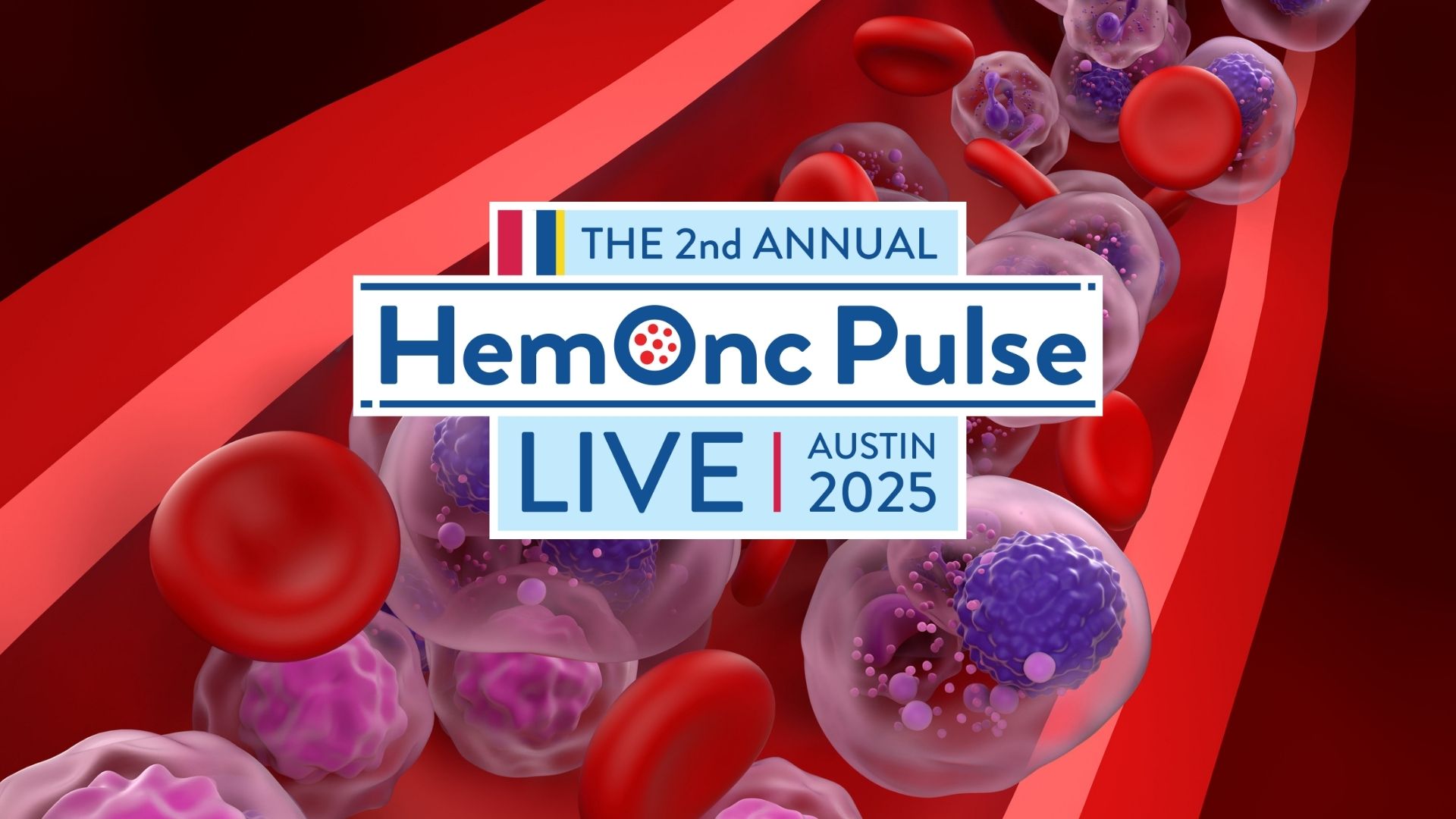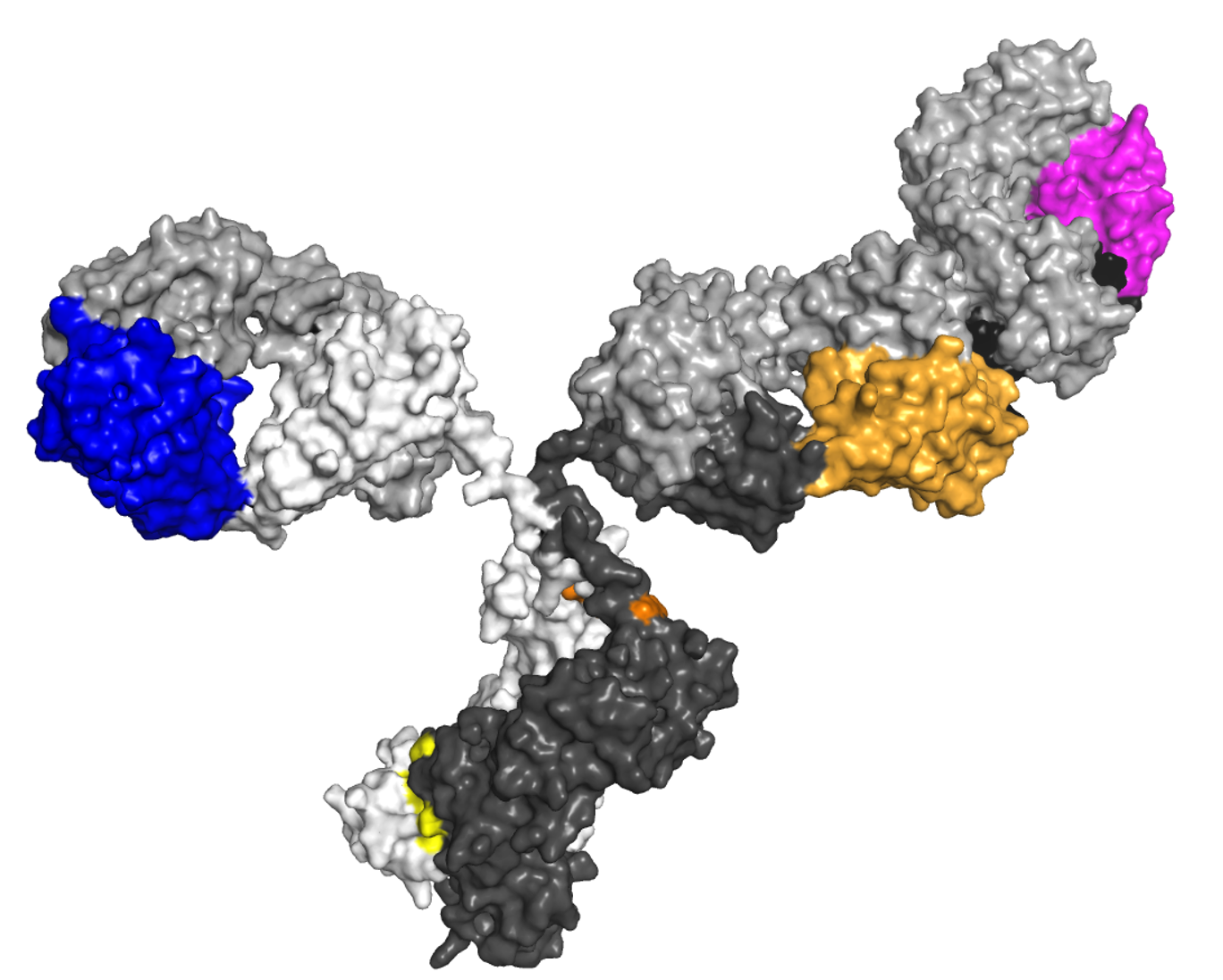
Neha Korde, MD
The year of 2020 marked a tumultuous period for the world of medicine, marred with a global pandemic that effectively gripped the global scientific community. Despite all this, the scientific research community continued to make significant strides in the treatment of multiple myeloma (MM), as showcased by the 62nd annual American Society of Hematology (ASH) meeting, which took place virtually on December 2-9, 2020. While the sidebar collegial hallway meetings and interactions were greatly missed in the all-virtual format, ASH 2020 presented a resolute commitment to advancing scientific discovery: the progressive beat of MM research marched forward in 2020 without looking back.
Several abstract presentations were noteworthy in early and newly diagnosed MM (NDMM) disease landscape. For high-risk smoldering myeloma (HR-SMM), where up to 75% of patients progress to clinical MM within five years, the standard of care has been observation. Previous work with the QUIREDEX and ECOGE3A06 studies has demonstrated decreased risk of progression when comparing lenalidomide with or without dexamethasone to observation alone, but adoption as standard of care remains to be seen.1,2 At ASH 2020, Kazandjian et al., presented compelling long-term data on utilizing carfilzomib, lenalidomide, and dexamethasone (KRd) followed by lenalidomide maintenance in patients with HR-SMM, yielding a complete remission/minimal residual disease (CR/MRD) negative rate (10-5) of 70.2% with a median sustained CR/MRD negative response of 66.8 months.3 The results of the NCI HR-SMM trial set the bar for future highly anticipated updates on the daratumamab-KRd (D-KRd) ASCENT (Aggressive Smoldering Curative Approach Evaluating Novel Therapies) trial and the KRd plus autologous hematopoietic cell transplant GEM-CESAR trial.
Other highlights included abstracts on NDMM, solidifying a potential future role for quadruplet therapies (D-RVd, D-KRd, D-IRd).4-6 The updated GRIFFIN study of D-RVd versus RVd with longer follow-up, presented by Kaufman et al., demonstrated a 47.1% sustained 12-month MRD negative rate in the D-RVd arm compared to 16.5% in the RVd arm. Optimizing induction therapies for specific populations, based on risk stratification and frailty index, remains an ongoing crucial question.
Perhaps one of the biggest success stories emerging at ASH 2020 was in the relapsed/refractory (R/R) MM disease space. Over the past few years, the MM world has been awaiting the approval of an engineered B-cell maturation antigen (BCMA) chimeric antigen receptor (CAR) T-cell product that would deliver on the promise of a brand new approach to MM treatment. As we await a BCMA CAR T-cell approval, the ASH 2020 meeting focused on a “version 2.0” of similar immunotherapy platforms by highlighting work on bi-specific antibodies and an “off-the-shelf” allogeneic CAR T-cell product. Several presentations showcased BCMA bi-specific antibody therapeutics, exhibiting overall response rates (ORRs) from 62.5% to 80% in heavily pre-treated patients with R/R MM with manageable grade 2 or lower cytokine release syndrome (CRS).7-10 It remains undetermined which bi-specific BCMA antibody emerges as a frontrunner, but efficacy, ease of administration (subcutaneous versus intravenous), frequency in scheduling, and CRS management will all be critical determinants in the outcome. Along the same vein, initial data was presented on first-in-class bi-specific antibodies targeting novel antigens, such as anti-GPRC5D (talquetamab), yielding an ORR of 69% and greater than very good partial response (VGPR) of 39% in a patient population with a median of six prior lines of therapy11 and anti-FCRh5 (cevostamab) demonstrating a 53% ORR and 32% greater than VGPR rates in mainly triple class refractory patients.12 The clear promise of these therapeutics extends beyond BCMA and likely represents a seismic shift in the future of MM care.
Finally, ASH 2020 brought us preliminary data on the first allogeneic CAR T-cell product, ALLO-715. ALLO-715 is administered with an anti-CD52 antibody and additional lymphodepleting agents to help prevent rejection. Importantly, the median time from enrollment to start of therapy for this “off-the-shelf” product was five days, resulting in an ORR of 60%.13 Previously presented BCMA-CAR T-cell studies were updated at ASH 2020 with longer follow-up, including the CARTITUDE Phase Ib/II study of ciltacabtagene autoleucel showing an impressive greater than VGPR rate of 92.8% (86% MRD negative [10-5]) and a 12-month progression-free survival (PFS) rate of 77%, with median PFS not reached.14 Further follow-up and future trials are needed to determine optimal implementation.
Despite the wealth of recent research, critical questions remain. For instance, does the convenience and efficacy of bispecific antibodies and allogeneic CAR T-cells outperform traditional CAR T-cells? How does the durability of response differ from CAR T-cell approaches to bi-specific antibody administration? What role do these therapies play in earlier lines of disease? Undoubtedly, ASH 2020 collectively showcased a significant leap forward in the arsenal of MM therapeutics. And as we reflect on 2020 with reverence, unified in our research missions, we quietly and steadily sing, “and the beat goes on, the beat goes on…”
Neha Korde, MD, is an assistant professor of medicine at Memorial Sloan Kettering Cancer Center in New York, N.Y. She specializes in the treatment of multiple myeloma and other plasma cell neoplasms. Dr. Korde has a particular research interest in early plasma cell disorders, including monoclonal gammopathy of unknown significance and smoldering myeloma, and understanding disease biology that promotes transition to frank symptomatic multiple myeloma in some individuals. She aims to drive myeloma research forward by developing new strategies of tumor control, and has a particular interest in developing methods of monitoring patient symptoms with digital health tracking solutions.
References
- Lonial S, Jacobus S, Fonseca R, et al. Randomized trial of lenalidomide versus observation in smoldering multiple myeloma. J Clin Oncol 2020;38:1126-37.
- Mateos MV, Hernández MT, Giraldo P, et al. Lenalidomide plus dexamethasone versus observation in patients with high-risk smouldering multiple myeloma (QuiRedex): long-term follow-up of a randomised, controlled, phase 3 trial. Lancet Oncol 2016;17:1127-36.
- Kazandjian D, Hill E, Morrison C, et al. Treatment of High Risk (HR) Smoldering Multiple Myeloma (SMM) with Carfilzomib, Lenalidomide, and Dexamethasone (KRd) Followed By Lenalidomide Maintenance(-R): A Phase 2 Clinical and Correlative Study. Annual American Society of Hematology Meeting 2020. Abstract 548.
- Kaufman JL, Laubach JP, Sborov, D et al. Daratumumab Plus Lenalidomide, Bortezomib, and Dexamethasone (RVD) in Patients with Transplant-Eligible Newly Diagnosed Multiple Myeloma (NDMM): Updated Analysis of Griffin after 12 Months of Maintenance Therapy. Annual American Society of Hematology Meeting 2020. Abstract 549.
- Landgren O, Hultcrantz M, Lesokhin AM, et al. Weekly Carfilzomib, Lenalidomide, Dexamethasone and Daratumamab (wKRD-D) Combination Therapy in Newly Diagnosed Multiple Myeloma: Final Results from a Clinical and Correlative Phase 2 Study. Annual American Society of Hematology Meeting 2020. Abstract 3204.
- Kumar SK, Kapoor P, Laplant B, et al. Daratumamab, Ixazomib, Lenalidomide, and Dexamethasone for Newly Diagnosed Multiple Myeloma. Annual American Society of Hematology Meeting 2020. Abstract 3196.
- Lesokhin A, Levy M, Dalovisio A, et al. Preliminary Safety, Efficacy, Pharmacokinetics, and Pharmacodynamics of Subcutaneously Administered PF-06863135, a B-cell Maturation Antigen (BCMA)-CD3 Bispecific Antibody, in Patients with Relapsed/Refractory Multiple Myeloma (RRMM). Annual American Society of Hematology Meeting. Abstract 3206.
- Garfall AL, Usmani SZ, Mateos M-V, et al. Updated Phase I Results of Teclistamab, A B-Cell maturation Antigen (BCMA) x CD3 Bispecific Antibody, in Relapsed and/or Refractory Multiple Myeloma. Annual American Society of Hematology Meeting. Abstract 180.
- Madduri D, Rosko A, Brayer J, et al. REG5458, a BCMA x CD3 Bispecific Monoclonal Antibody, Induces Deep and Durable Responses in Patients with Relapsed/Refractory Multiple Myeloma (RRMM). Annual American Society of Hematology Meeting 2020. Abstract 291.
- Harrison SJ, Minnema MC, Lee HC, et al. A Phase 1 First in Human Extended (HLE) BiTE T-cell engager (bisepecific T-cell engager) Molecule, in Relapsed/Refractory (RR) Multiple Myeloma (MM). Annual American Society of Hematology Meeting 2020. Abstract 181.
- Chari A, Berdeja JG, Oriol A, et al. A Phase I, First-in-Human Study of Talquetamab, a G Protein-Coupled Receptor Family C Group 5 Member D (GPRC5D) x CD3 Bispecific Antibody, in Patients with Relapsed and/or Refractory Multiple Myeloma. Annual American Society of Hematology Meeting 2020. Abstract 290.
- Cohen ADH, Simon J, Krishnan A, Fonseca R, et al. Initial Clinical Activity and Safety of BFCR4350A, a FcRH5/CD3 T-Cell-Engaging Bispecific Antibody in Relapsed/Refractory Multiple Myeloma. Annual American Society of Hematology Meeting. Abstract 292.
- Mailankody S, Matous JV, Liedtke M, et al. Universal: An Allogeneic First-in-Human Study of the Anti-BCMA ALLO-715 and the Anti-CD52 ALLO-647 in Relapsed/Refractory Multiple Myeloma. Annual American Society of Hematology Meeting 2020. Abstract 129.
- Madduri D, Berdeja JG, Usmani SZ, et al. Cartitude-1: Phase 1b/2 Study of Ciltacabtagene Autoleucel, a B-cell Maturation Antigen Directed Chimeric Antigen Receptor T Cell Therapy, in Relapsed/Refractory Multiple Myeloma. Annual American Society of Hematology Meeting 2020. Abstract 177.
disclosures: Neha Korde, MD, has received research funding from Amgen and serves on the advisory board of Medimmune/AstraZeneca.






 © 2025 Mashup Media, LLC, a Formedics Property. All Rights Reserved.
© 2025 Mashup Media, LLC, a Formedics Property. All Rights Reserved.